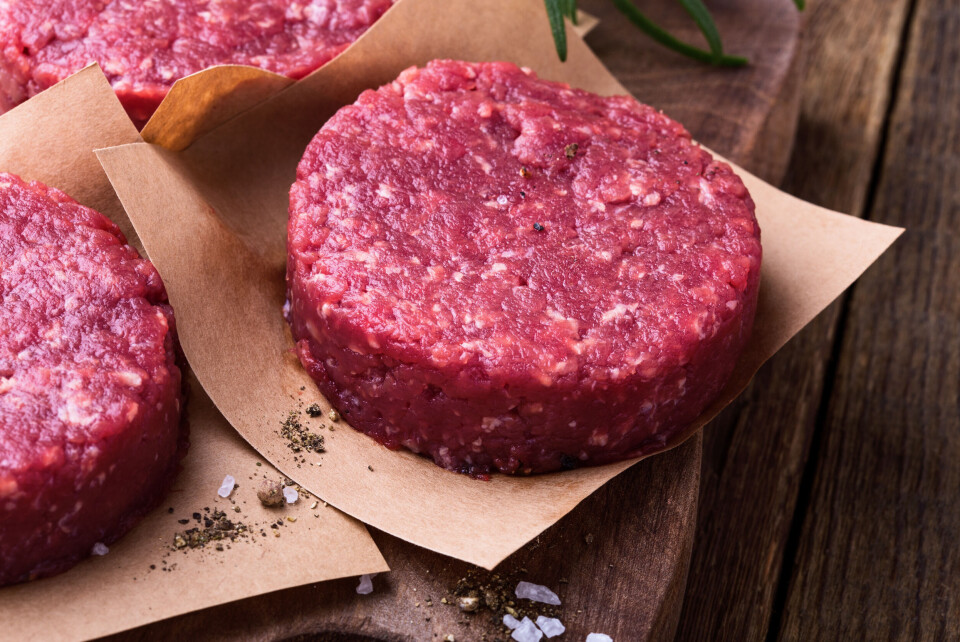-
French ski resorts report excellent Christmas despite less snow than last year
Bookings are up and non-snow related activities are also on the rise
-
American celebrity jeweller robbed of ‘more than €1m’ at French Riviera Airbnb
Jewellery and cash stolen from rental property where Chris Aire was staying
-
New 2026 civic tests in France: 50 example questions in French
Candidates must score 80% on tests to pass
Child in France dies of E.coli infection as outbreak monitored
Health authorities have not released more information about the child that has died, but 13 other cases in children have prompted a nationwide investigation into the possible source

Health authorities in France are monitoring an outbreak of E.coli following the death of a child and the detection of 13 cases across the country.
Santé publique France (SPF) issued the alert after the contaminations were first noticed at the beginning of February. The authority has confirmed that one child has died, but has not released information of the date of the death, location, or the age of the child.
Among children aged 1-15, there have been:
-
5 cases reported in Nouvelle-Aquitaine
-
3 cases in Hauts-de-France
-
3 cases in Ile-de-France
-
1 case in Brittany
-
1 case in Pays de la Loire.
All of the children were affected by haemolytic uraemic syndrome (HUS), a potentially serious disease in young children, most often caused by food.
It is usually characterised by severe diarrhoea, which can lead to acute renal failure, and usually caused by bacteria belonging to the Escherichia coli (E.coli) family.
The SPF inquiry is looking into every report of similar cases as they are reported to paediatric units, and is aiming to “identify a common source of contamination and put appropriate measures in place”.
It has “not excluded any possibility at this stage”, it said.
E.coli is often spread by eating raw or undercooked contaminated food, contaminated hands being brought to the mouth, touching animals carrying the bacteria, or contact with an already-infected person via touch, if that person has infected stools and has not washed their hands properly after excretion.
Most strains of the bacteria do not cause any issues for humans, but some are more dangerous than others, especially those dubbed “Enterohemorrhagic E.coli (EHEC)”. This causes severe intestinal infection.
SPF has been monitoring HUS since 1996, with around 100-165 cases reported in children each year. Foods such as steak haché and products containing raw, unpasteurised milk present a particular risk.
Related articles
Ground beef products recalled by French supermarkets over E. coli risk
























